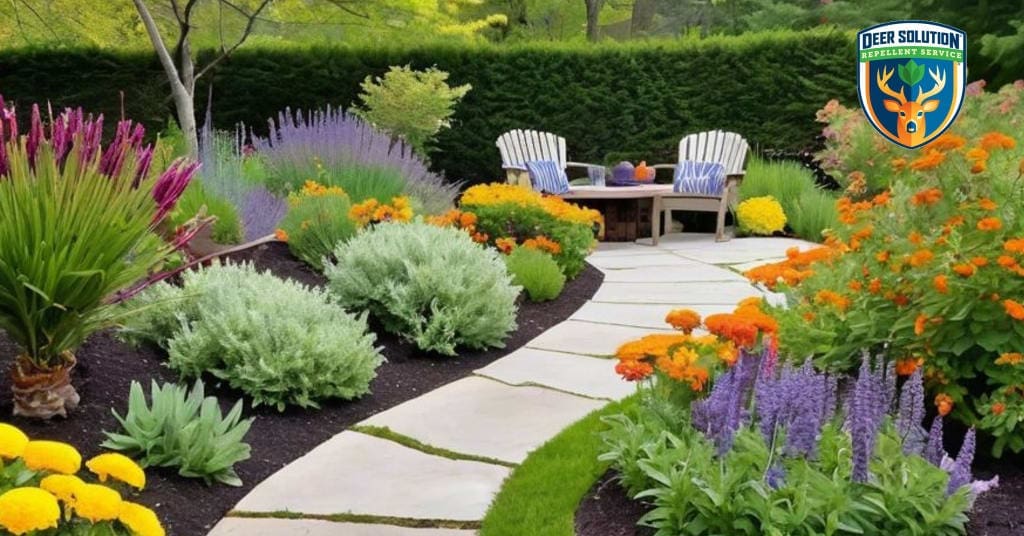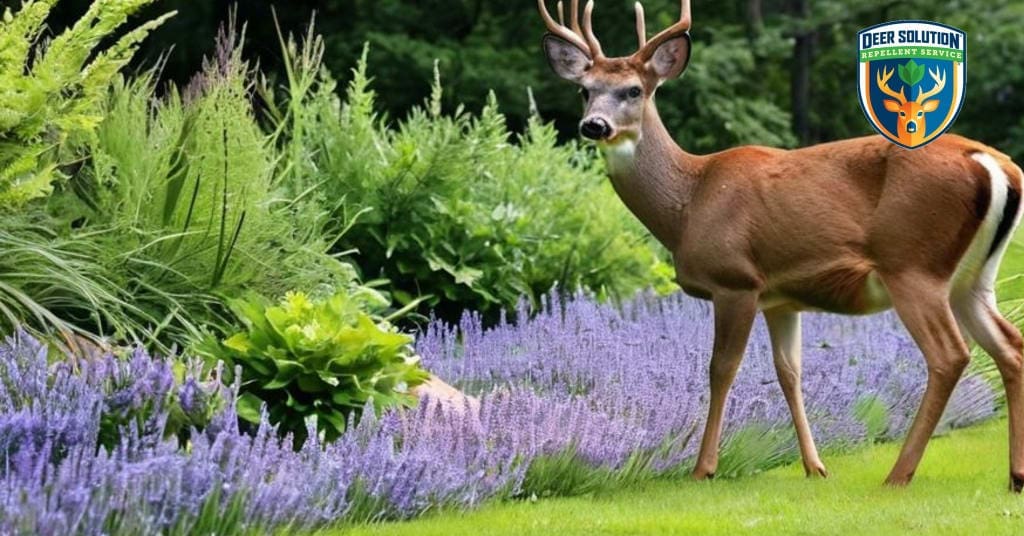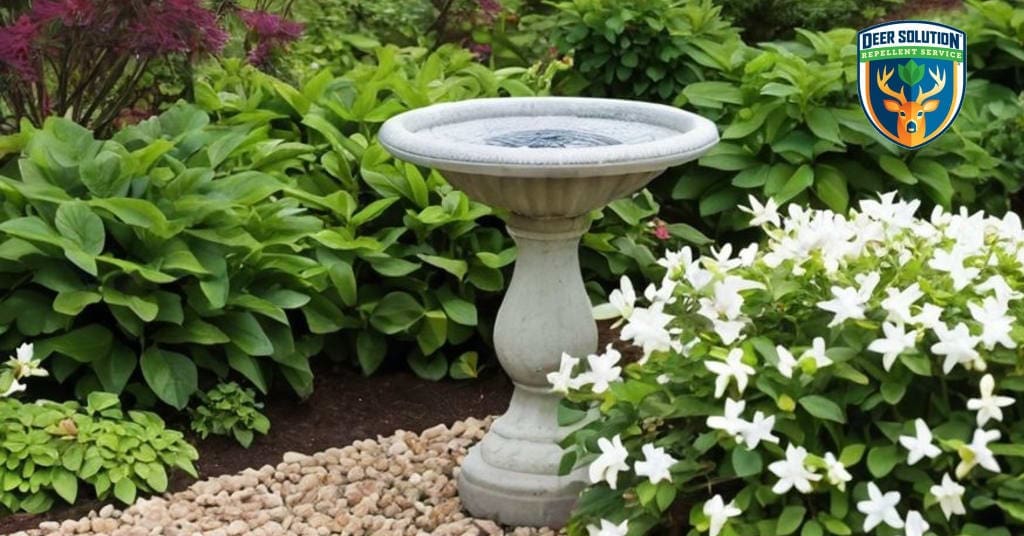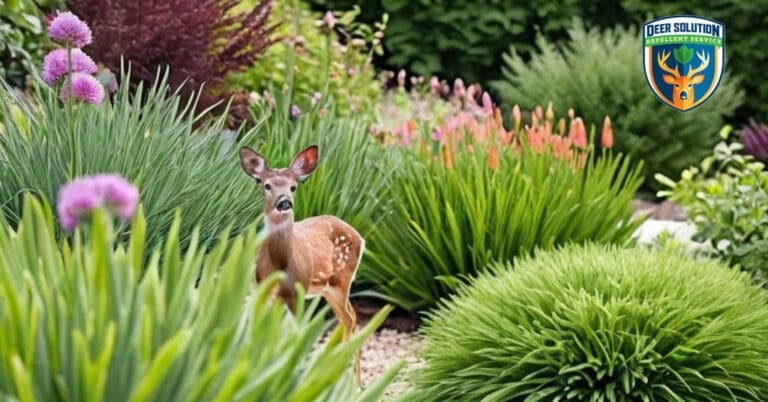When you’re cultivating an herb garden, one of the biggest challenges can be protecting your plants from deer. So, it’s no surprise that many gardeners ask, “”Do deer eat chives?”” Let’s dive into understanding deer dietary habits and explore some eco-friendly strategies to keep your herb garden flourishing.
Understanding Deer Dietary Preferences
Deer are quite picky eaters, often choosing plants based on what’s available, how nutritious they are, and their taste. While they usually avoid certain herbs, it’s essential to know which ones are less appealing to them. Chives, part of the allium family, generally aren’t favored by deer because of their strong odor and taste. However, deer feeding habits can vary depending on where you are and what other food sources are around.
Do Deer Eat Chives?
Chives (Allium schoenoprasum) have a strong aroma that’s typically off-putting to deer. The sulfur compounds in chives give them their pungent scent, making them less attractive to these animals. While deer might nibble on chives if they’re really hungry, they usually prefer other plants. In times when food is scarce, deer might be less picky, but generally, chives aren’t their first choice.
Effective Strategies for a Deer-Resistant Herb Garden
Keeping your herb garden thriving while deterring deer requires some thoughtful, eco-friendly approaches. Here are some strategies to help:
- Plant Selection: Choose deer-resistant herbs like chives, rosemary, and thyme. These plants have strong scents that deer tend to avoid, making your garden naturally less appealing to them.
- Companion Planting: Plant chives alongside more vulnerable plants. The strong odor of chives can help protect neighboring plants. This not only boosts the overall health of your garden but also uses the natural properties of herbs as a deterrent.
- Regular Maintenance: Keep your garden tidy. Remove fallen fruits and vegetables because they can attract deer. A well-maintained garden is less likely to provide the easy pickings that deer look for.
Observing Deer Behavior for Better Garden Planning
Understanding local deer behavior and patterns can be a game-changer for your garden planning. Watch when deer are most active and which areas they frequent. This can help you place deterrents more effectively and adjust your garden layout. For example, planting chives closer to your house or in areas with high human activity might discourage deer from coming too close.
Getting involved in community discussions about deer management can also be beneficial. Sharing experiences and solutions with your neighbors can help identify the most effective deer-resistant plants and deterrents for your area. This collective effort not only improves individual gardens but also boosts the overall health of the local ecosystem, reducing the need for harsh chemical repellents.
Creating a Harmonious Garden Environment
Dealing with deer can be challenging for gardeners, but understanding their dietary preferences and behavior is the first step in coexisting with these graceful creatures. By using a combination of deer-resistant plants like chives and the expertise of Deer Solution, you can enjoy a beautiful garden that thrives in harmony with nature.
Deer Solution offers a specialized, eco-friendly approach to deer management, backed by decades of expertise. Our certified deer damage experts provide monthly applications of an all-natural proprietary repellent tailored to your property’s specific needs. Choosing Deer Solution means you can enjoy a thriving, deer-resistant garden. Our commitment to customer satisfaction and environmental stewardship ensures that you can trust us to deliver effective and sustainable solutions for keeping deer at bay.
Contact Deer Solution today to learn more about our customized deer management solutions and keep your garden thriving and protected.












